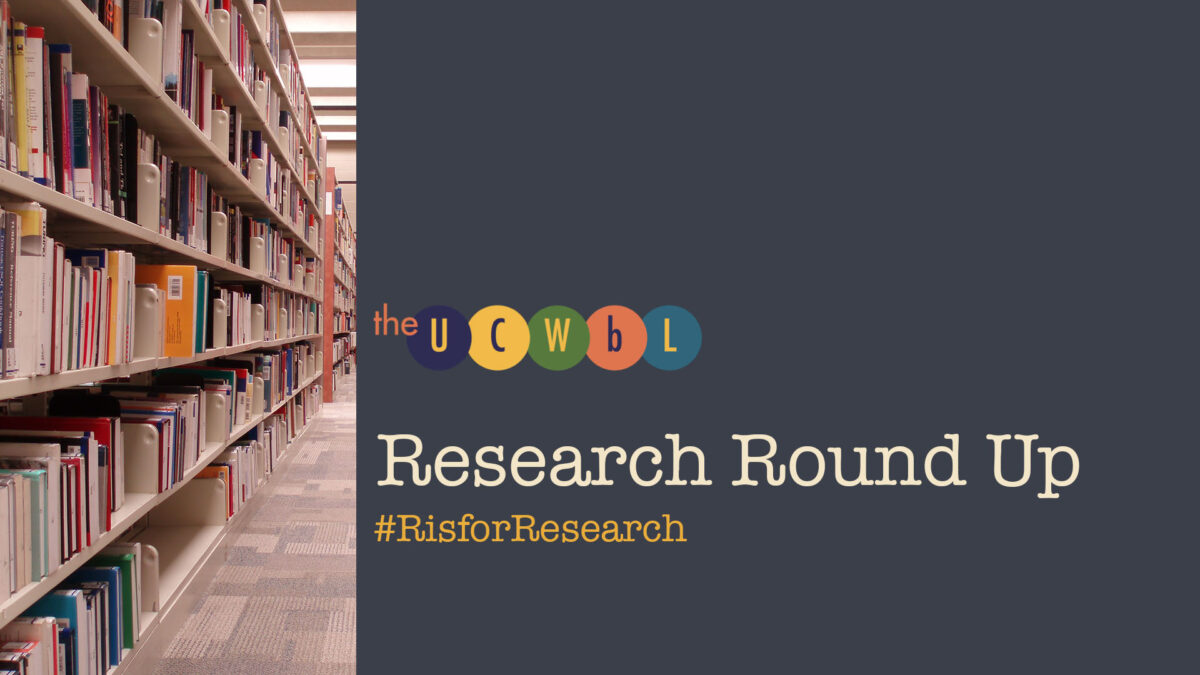In his article “Critiquing the Center: The Role of Tutor Evaluations in an Open Admissions Writing Center,” William Burns grapples with aligning the institutional goals of the writing center at Suffolk County Community College with writer expectations. From surveying writers who use the writing center, Burns finds that writers expect the writing center to act as a place of stability and comfort. This doesn’t align with the writing center’s aim to assist with composition, which can sometimes be a ruffling experience. As members of the writing center community, this leaves us with the two questions: to what degree should writer expectations influence writing center methods and goals? And how do we best learn what writers want?
As a tutor here at DePaul, I’ve asked myself the first question and been conflicted over what to do in different tutoring situations, sometimes when working with writers who are English Language Learners (ELL). Along with the typical requirements of writing assignments, ELL writers have the additional task of making sure their writing accurately communicates their thoughts. Because of this, these writers sometimes want help exclusively on grammar and language. This request sometimes puts tutors in a difficult position when there are higher order concerns like a vague thesis or lack of evidence that we’re trained to address before concerns like grammar and language.
This is where our work as the UCWbL Research Team comes in. It’s through reviewing and synthesizing scholarly work, like this article, that we formulate strategies and practices for our tutors in ambiguous situations. For the situation of working with an ELL writer, from Muriel Harris and Tony Silva’s article “ELL Students: Issues and Options,” one of my go to strategies is selecting just one or two patterns of error to address in a given appointment and explaining the rationale and conventions supporting any of my suggested revisions.
I’ve also worked with plenty of non-ELL writers who want to focus exclusively on language. One of our best practices that I like to use for this situation comes from Andrea Lunsford’s article “Collaboration, Control and the Idea of a Writing Center.” Lunsford suggests collaborating with the writer: negotiating what’s important, explaining reasoning, and deciding together how to proceed. By reviewing scholarly work and reflecting on our practices, we, as an organization and a team, help one another navigate difficult and ambiguous situations. Like Burns’ purpose for surveying writers at the SCCC writing center, the Research Team here at DePaul continually seeks to give tutors what they need to best serve writers.
Burns explains, “a writing center is not a neutral oasis removed from everyday life, but exists at the intersection of local, institutional, global, and discipline influences and conditions” (3). As a tutor and member of the Research Team, I agree with Burns’ claim. I think we as individual tutors and a team experience the pull of DePaul’s institutional goals, writers’ assignment goals, and the UCWbL’s organizational goals and how they align to different degrees in different situations
Considering these different goals and one of our initial questions—to what degree should writer expectations influence writing center methods and goals?—we’ve arrived at not so much a defined answer, but a general strategy: respond and adapt. Without an explicit breakdown of who has how much say in goals and methods, I think the most appropriate thing is to empower tutors to navigate and negotiate ambiguity to the best of their abilities.
Thinking about our other initial question—how do we best learn what writers want?—we also don’t arrive at a defined answer. Burns uses surveys to evaluate. The UCWbL has also used surveys, but we’ve been questioning how sound a method it is; thus, we’re currently investigating other ways of evaluating what we do and learning more about writer expectations. So, I don’t think I can confidently say how we best learn about writers’ expectations. Rather, I think we can conclude that this is an important question that we, as members of a writing center community, can collaboratively work to answer.
Discover more from UCWbLing
Subscribe to get the latest posts sent to your email.


2 replies on “Research Round Up”
I really enjoyed reading this post, Ted! I’ve struggled with these same issues for years as a writer and tutor, and it was really interesting for me to see someone else’s perspective, and some interesting research. I also really liked your ending – recognizing that those of us in the writing center community can, collaboratively, work on these questions in the future was super encouraging! 🙂
This post was very interesting! I liked the acknowledgment of a lack of concrete answers and how that acknowledgment is not discouraging thanks to all of the strategies that we have to turn to for guidance.